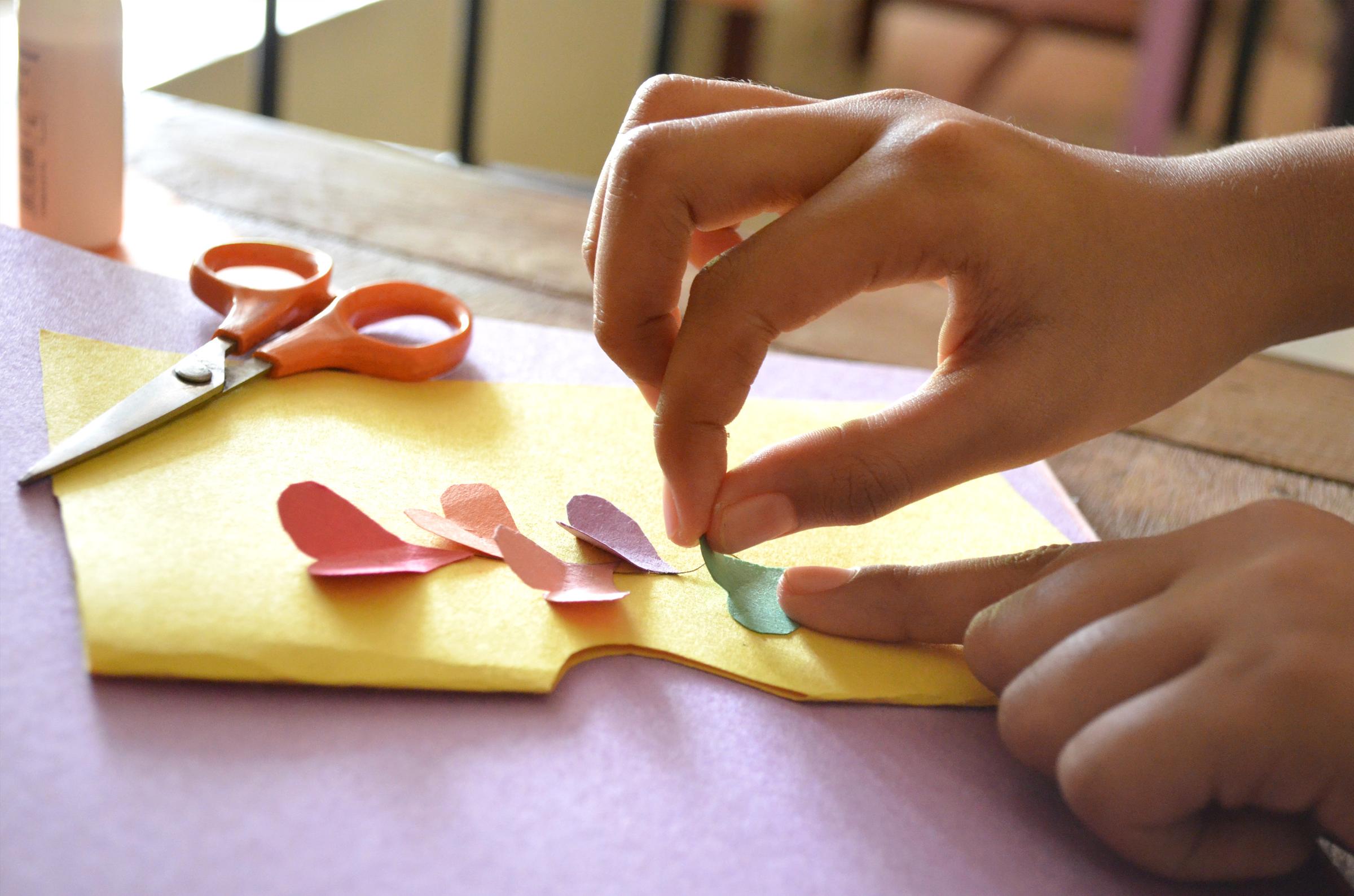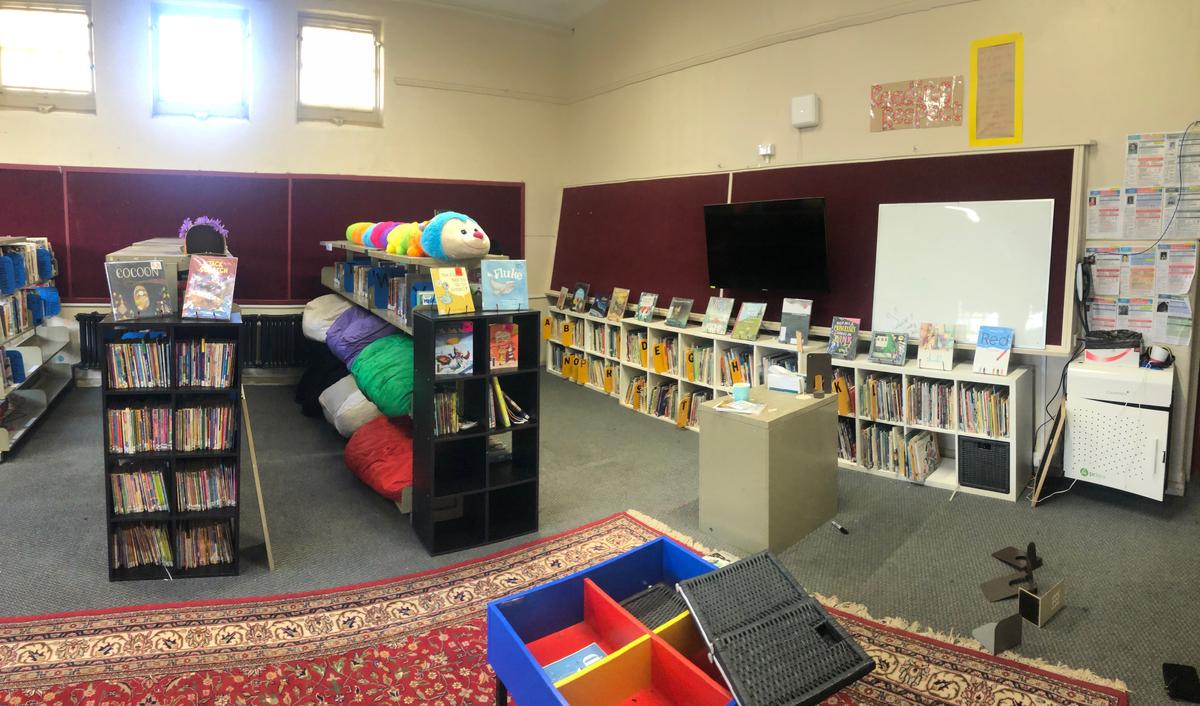school life

how we've spent this week
This week has certainly been a good exercise in being adaptive and thinking on our feet. I thank all the families for sharing your experiences at home this week - the good, the bad and the ugly! We are all learning together and trying to find positives where we could.
Despite this week being declared a holiday from Tuesday, the school has remained open for essential services. Teachers have been asked to prepare for the possibility of remote learning and I must commend our staff for their collaboration and creative thinking.
Alice has ramped up her maths BLOG, and is now focussing on how she can support families at home. The latest article on 'Finding the Maths' looks at inquiry learning at home with a numeracy lens, but you can read more about Inquiry Learning in this week's principal's message.
A big shout out to 'Andrew the Art Teacher', who is the first to set up a teaching channel on youtube (see below). I have a feeling this channel may continue no matter how Coronavirus pans out!
Once plans were well underway, many staff from our incredible team volunteered time this week to either offer supervision to students in need or to come in and complete tasks that will brighten students' days upon our return, including but not limited to our library. Thanks Kate & Bel!
Kids - we are missing you all greatly and can't wait to have your smiling faces fill these halls again!
mentally preparing for home learning
As COVID-19 hit Australia a few weeks after many countries, Australian educators are learning from other communities' experiences when beginning remote learning programs. Communicating with educators and parents from other countries, it has become clear that schools, teachers and families need to work on getting the balance of expectations right. There are multiple forums and social media platforms overflowing with discussions about the distress felt by teachers, parents and students around the work sent home during school closures. For this to be successful, we are focusing on what is reasonable, purposeful and sustainable.
reasonable (we are thinking about you)
We understand that every student and family is currently experiencing additional stress at this time. Between response measures impacting societies all over the world, the potential loss of employment, loss of social connections and potentially our health, we know that our students' homes are not looking or feeling 'normal'.
We also understand that there are limits to technologies available. Many grown-ups are now working from home and families with multiple children are facing a bigger demand on your at-home devices. In addition to this, we have already seen numerous internet and technical challenges occur as Australia moves online.
We understanding that most of you are not teachers, don't have any training to be a teacher and until now, you may not have ever seen yourself as a teacher! We know we make it look easy, but it really is an art-form. We are not expecting you to be the teacher, I promise.
We are aware that many primary school-aged children cannot engage in long sessions of independent learning (or even short sessions, in some cases). There has been discussion about older children being better at this than young children, but this is not always the case. We also know that home-schooling research indicates that 3.5 hours/day is the maximum amount of effective instruction children are typically able to access at home.
purposeful (let's not waste anyone's time)
In the event of remote learning next term, families will receive a range of activities that will vary in subject, content and presentation. Children, like grown-ups, engage in tasks in different ways. Teachers will be attempting to cover all bases from a distance, by providing you with a range of ideas, lessons and activities.
Aware of the challenges some families are facing in regards to engagement and education, we will be encouraging families to approach their day with an inquiry learning approach. These types of activities (a few examples are listed below) can sometimes look like 'play', but provide our young people with rich and authentic learning experiences that are generally stress-free and a bucket-filling experience as well! Each activity will have a defined purpose, but if you are not sure why your child is being asked to do this work, reach out to your classroom teacher.
Home Learning Inquiry Ideas:
- Play a board game with your children. Discuss the history/origin of the game, identify strategies (is there a guaranteed way to win?), change the rules and see how it changes the game.
- Design and build something. Whether it be out of Lego, toothpicks or odds and ends from around the home, design something to meet a need. Build it and evaluate the effectiveness; could your child improve on their design?
- Cook something. Cooking, baking and creating meals is an extremely rich activity, involving reading, maths, science and more. Cook with your children, talking about measurements, ingredients, chemical reactions and even experiment by changing some of the ingredients - what do you think will happen?
- Get into the garden. Many children love to get into the garden; it's an opportunity to get dirty, nurture another lifeform and often we get something to eat or to look at out of it. Give your child a small patch of earth to tend to; take photos and measurements to document the growth and make predictions about what might happen to your plant.
sustainable (it's a marathon, not a sprint)
If our school moves to remote learning for a period of time next term, we do not know how long this measure will be in place. As such, all home learning will aim to be sustainable for the students, families and teachers. Teachers typically check for understanding and engagement multiple times within a lesson. As this is not possible in remote learning environments, feedback from students and families will be sought in order to improve the educational experience for all.
The school will continue to explore options to support families from home, including (but not limited to) the provision of school devices for families who require additional technologies and opportunities for support of students with additional needs, if we move to remote learning.


